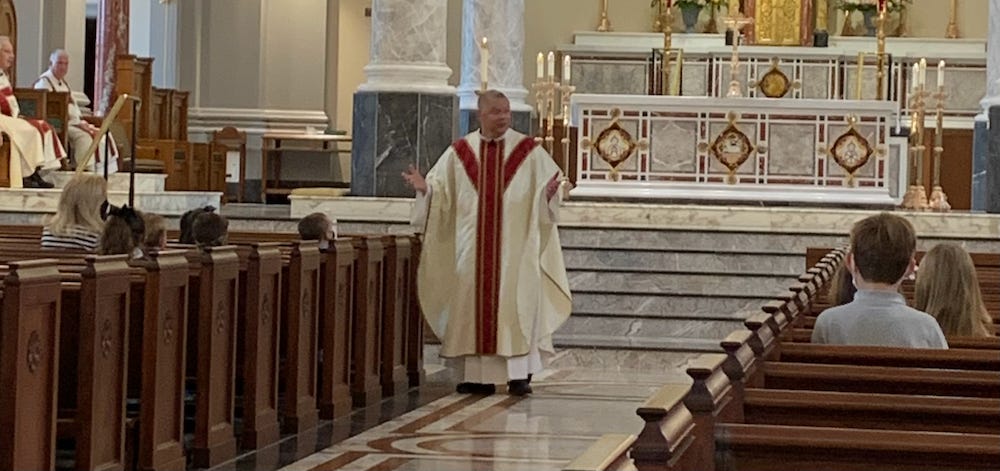Bishop Stika's 'miracle' gold ring
After two years, priests in Knoxville say they're still waiting for Vatican answers.
A news report published this month in the diocesan newspaper of the Diocese of Knoxville has become a source of some wonderment — and something of a metaphor — among priests and laity in the Tennessee diocese.

The report opened at a March 19 Mass cel…
